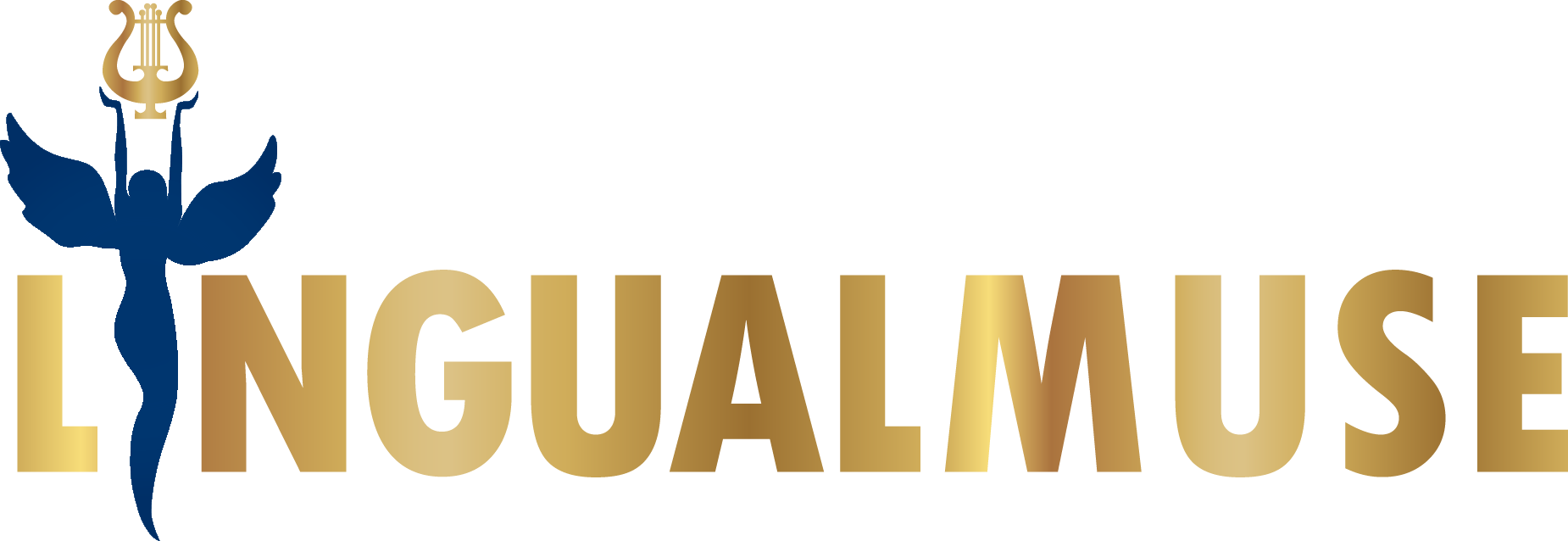Ever feel like your brain absorbs new words effortlessly at some times of day but struggles at others? That’s because the best time to study isn’t one-size-fits-all, but depends on your energy levels, focus, and even the type of task you’re tackling.
What's the best time of day to study?

Morning learners thrive on a fresh mind ☀️
Studies suggest that cognitive functions like memory retention and problem-solving peak in the morning, making it a great time for learning tricky grammar concepts, reviewing vocabulary lists, or practicing pronunciation with a clear head.
If you love structure and routine, early study sessions can set the tone for the day. Incorporate your language learning into your morning routine in the way that works best for your individual learning style – listen to a podcast while you do your morning workout, drill vocabulary over breakfast, or narrate aloud as you select the perfect 'fit!
Afternoon learners find the middle ground ⏳
Afternoon studiers may find this a sweet spot between energy and relaxation.
If mornings feel rushed and evenings too draining, mid-day might be ideal for engaging, hands-on practice, like conversation exchanges, interactive exercises, or listening to podcasts while on the go.

Night owls come alive in the evening 🌙
Night owls might struggle with focus early in the day but do their best work in the evening.
Creativity often peaks at night, making this a great time for immersive activities like watching films, reading in your target language, or journaling.
Plus, sleep consolidates memory, so reviewing words before bed might actually help you retain them better!
The takeaway? Pay attention to when you feel most alert, motivated, and engaged. Instead of forcing yourself into a rigid study schedule, work with your natural rhythms.
